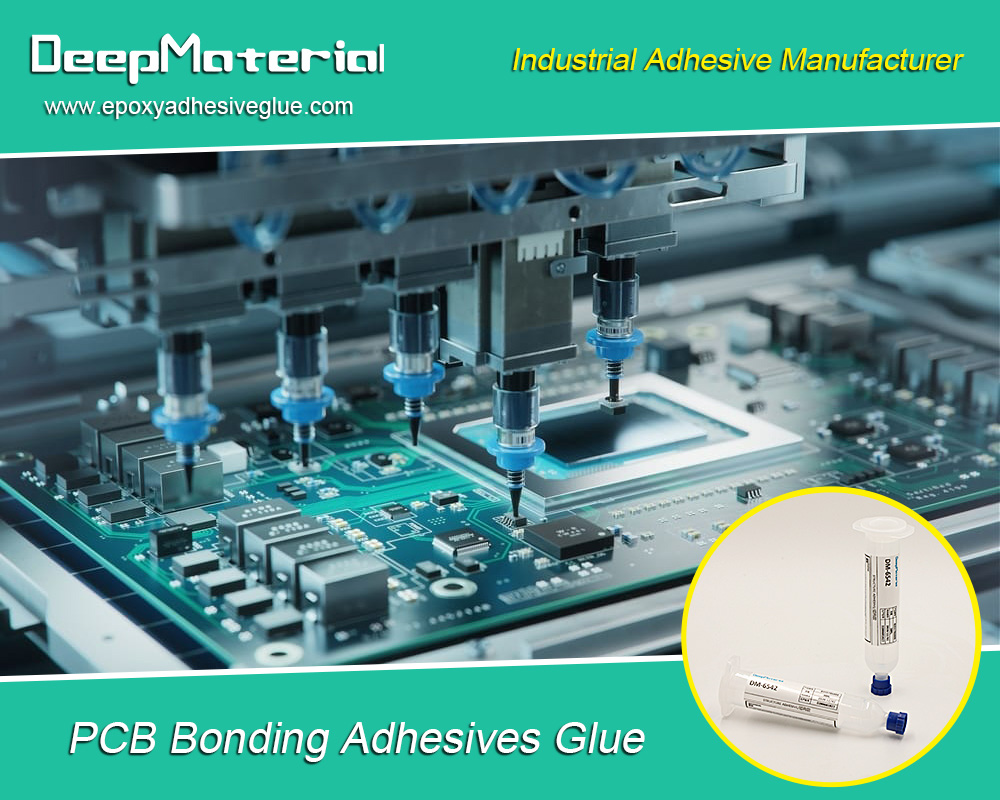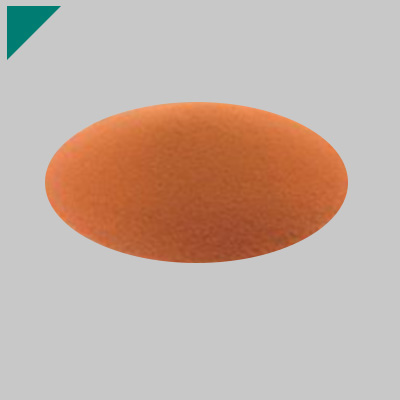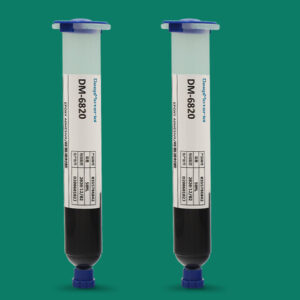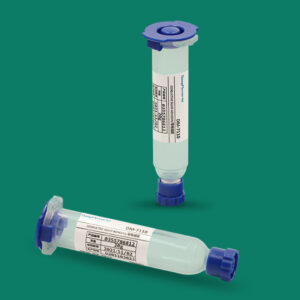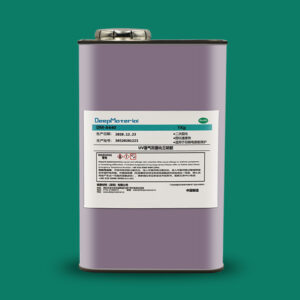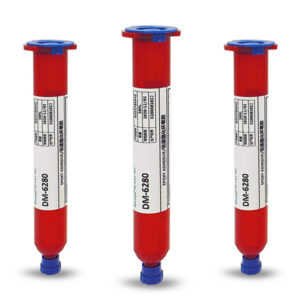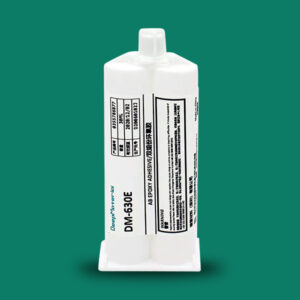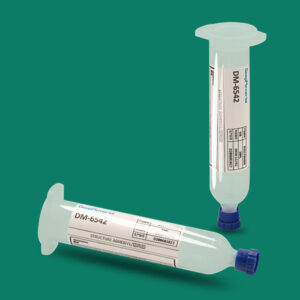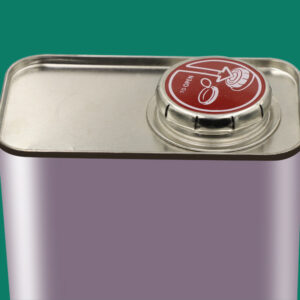Is epoxy stronger than glue?
Is epoxy stronger than glue?
Epoxy; introduction
Epoxy is a term that covers a wide range of products, all of which share a joint base: epoxide resins. These resins are reaction products of epoxide monomers, also known as glycidyl ethers. The most common epoxide monomer is ethylene oxide, which is used to produce a variety of products including solvents, surfactants, and detergents. Other epoxide monomers include propylene oxide, butylene oxide, and epichlorohydrin. The epoxide base provides these products with several essential properties, such as high thermal stability, low volatility, and resistance to attack by various acids and bases. In addition, epoxides can be easily cured or reacted with different curing agents to form rigid, durable thermoset polymers. Cured epoxy polymers are used in various applications, including adhesives, coatings, composites, and electrical laminates.
Epoxy is a material used in various applications, such as bonding, coatings, and adhesives. It is created by the reaction of a base material and a hardener, which are mixed and cured. The resulting material is solid and durable, making it an ideal choice for many industrial and commercial applications. Epoxy is available in various formulations, each designed for a specific purpose. For example, epoxy formulations are designed for use in high-temperature environments, as well as those designed to resist UV light. In addition to its excellent physical properties, epoxy is very resistant to chemical attacks. This makes it ideal for use in environments with a risk of chemical spills or exposure to corrosive materials. If you are looking for a material that is strong, durable, and resistant to physical and chemical attacks, then epoxy is a perfect choice.
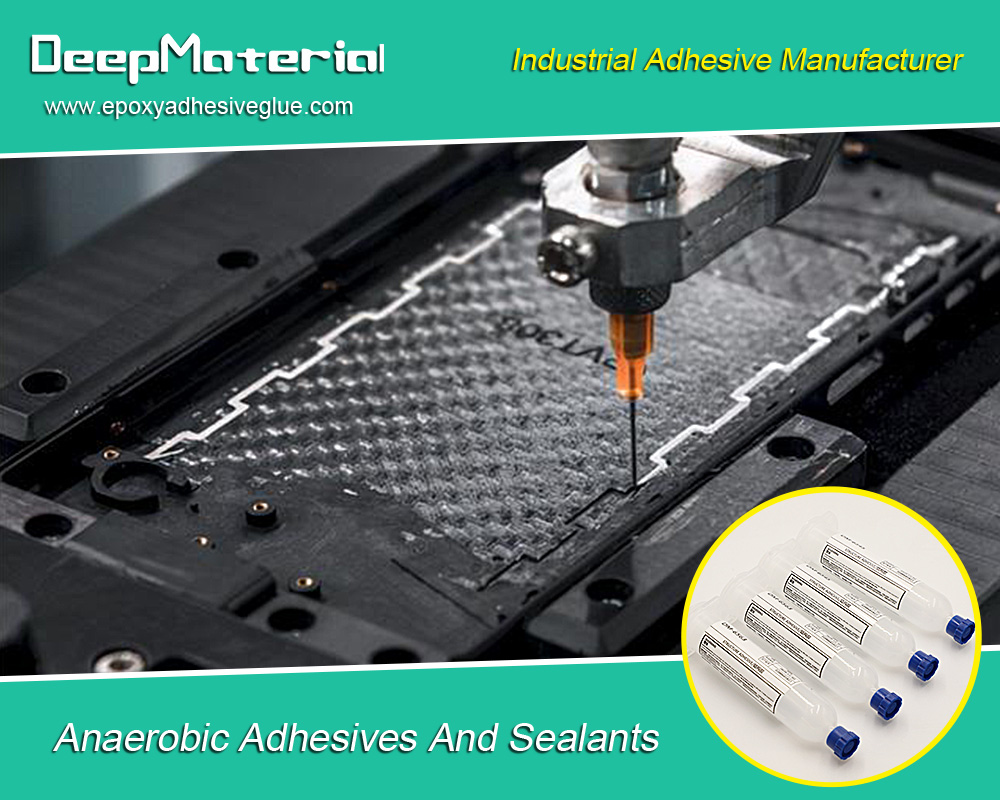
The chemical formulation of epoxy
Epoxy is a term used to describe a class of compounds characterized by the presence of two oxygen atoms bonded together in a three-membered ring. The name “epoxy” is derived from the Greek word “epi,” meaning “upon” or “over,” and “oxy,” meaning “acid.” The most commonly used epoxy resins are based on the reaction of bisphenol A (BPA) and epichlorohydrin (ECH). The chemical composition of epoxy resins can be varied using different bisphenol A analogs and epoxy hardeners. The mainstay of the commercial epoxy resin industry is the bisphenol A-based glycidyl ethers. However, another bisphenol A analogs, such as bisphenol F, S, and AF, are also used to make epoxy resins. Epoxy is a challenging and durable material that can be used for various applications. It is made up of a range of chemicals, including resins, hardeners, and fillers. The specific composition of an epoxy formulation vary depending on the intended use of the epoxy. Epoxy formulations are designed to provide specific properties, such as high strength, low shrinkage, or chemical resistance. The properties of an epoxy formulation can be modified by changing the ratio of the chemicals used.
Glue; introduction
Glue is an adhesive material used to hold two or more objects together. It comprises a resin, a hardener, and a solvent. The most common type of glue is white glue, made from synthetic resin. The first recorded use of glue was in the early Egyptians reed boats. They used animal hide glue to hold the boats’ reeds together. The early Greeks and Romans also used animal hide glue. In the 1700s, fish glue was popular. Finally, in the 1800s, bone glue was used. Today, there are many different types of glue, each with its own purpose. For example, there are glues for paper, fabric, wood, and plastics. Glue is a material that is used to join two or more objects together. It can be made from natural or synthetic materials, and it is typically applied in a liquid form. Once it is applied, it dries and forms a bond between the objects. Glue is used in a variety of industries, including woodworking, papermaking, and leatherworking. It is also a common household item used for repairs and crafts.
The chemical formulation of glue
Glue is a material used to stick two or more things together. It is made up of a polymer that is dissolved in a solvent. The chemical composition of glue can vary depending on the type of polymer used. The most common type of glue is made from polyvinyl acetate (PVA). PVA glue is made by adding acetic acid to polyvinyl alcohol. Other common types of glue include epoxy, silicone, and acrylic. Each type of glue has its advantages and disadvantages. For example, PVA glue is water-soluble, so it is unsuitable for humid environments. Epoxy glue, on the other hand, is very strong and is resistant to heat and chemicals.
Is epoxy stronger than glue?
When it comes to strength, both epoxy and glue have their own unique benefits. However, there are certain situations where one material might be better suited than the other. Here, we take a closer look at epoxy and glue to see which one is stronger. Epoxy is a two-part adhesive that is made up of resin and a hardener. This makes it a solid and durable material resistant to heat and chemicals. Glue, on the other hand, is a one-part adhesive that is made up of either a synthetic or natural polymer. So, which one is stronger? In general, epoxy is more potent than glue. However, there are different types of epoxy and glue, so choosing the suitable material for the job is essential. Epoxy is generally more robust than glue, but there are exceptions. For example, some glues are more potent than epoxy when bonding glass or plastic. So, in the end, the answer to the question depends on the specific material that needs to be connected. But yes, epoxy is still stronger than glue in most cases.

Why is epoxy stronger than glue?
When it comes to epoxy vs. glue, it is vital to understand the difference between the two. Epoxy is a resin made up of two parts: a base and a curing agent. Glue, on the other hand, is a bonding agent that is made up of resin and a hardener. The main difference between epoxy and glue is that epoxy is much stronger than glue. This is because epoxy resin creates a chemical reaction when it comes into contact with the curing agent. This reaction results in a stronger bond between the two surfaces. Epoxy is an adhesive made from a combination of two compounds, a resin, and a hardener. When these two compounds are mixed, they create a third compound that is much stronger than either of the two original compounds. The reason that epoxy is so much stronger than glue is that the bonds between the molecules of the epoxy are much stronger than the bonds between the molecules of the glue. Epoxy is often used in aeronautical and marine applications for this reason. If you are looking for a solid and durable adhesive, then epoxy is the best choice.
For more about choosing the best epoxy adhesive,you can pay a visit to DeepMaterial at https://www.epoxyadhesiveglue.com/category/epoxy-adhesives-glue/ for more info.


